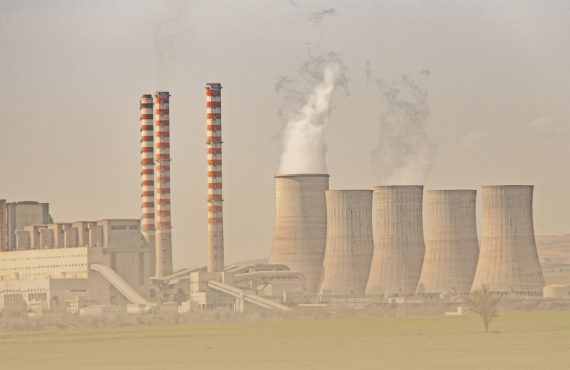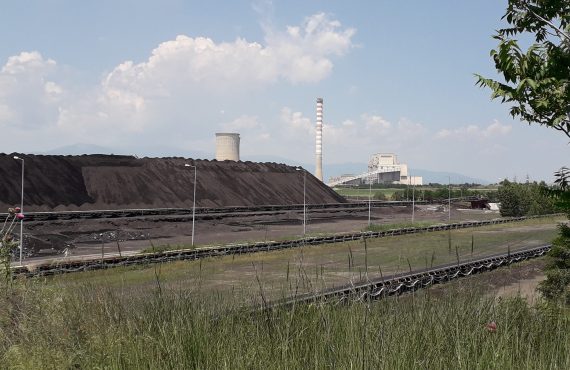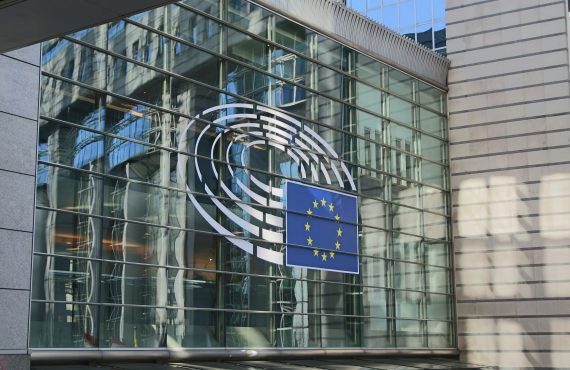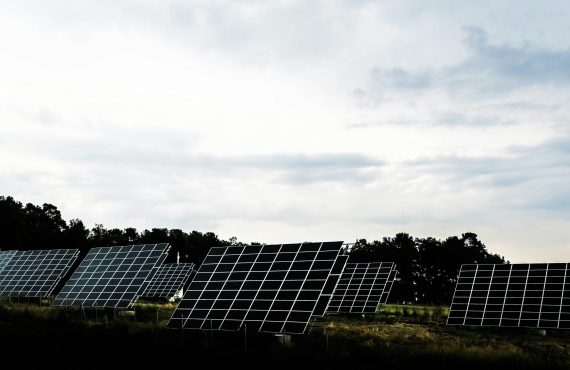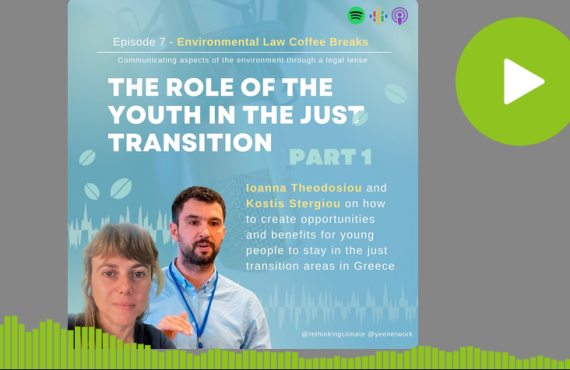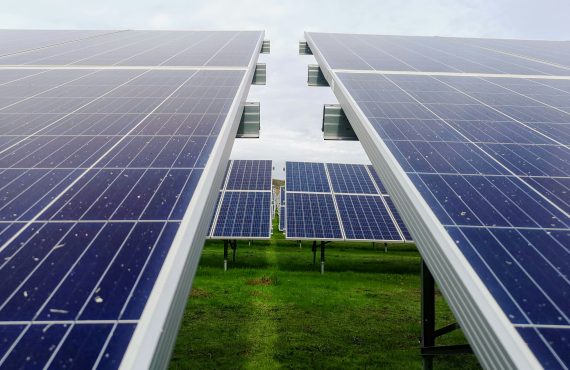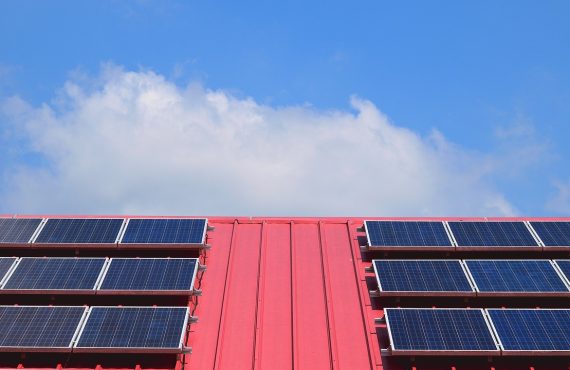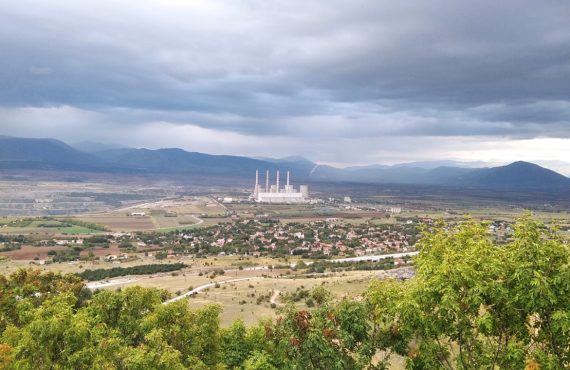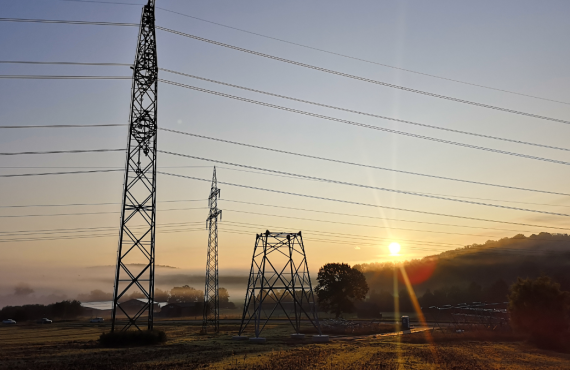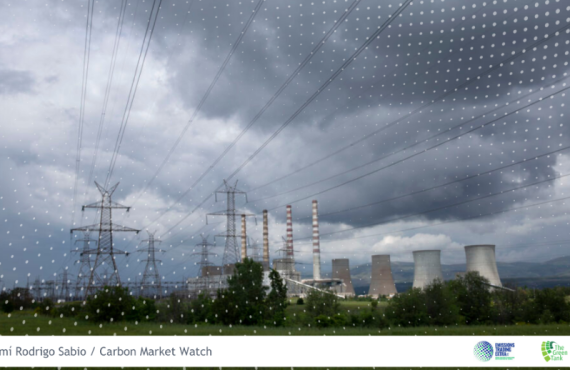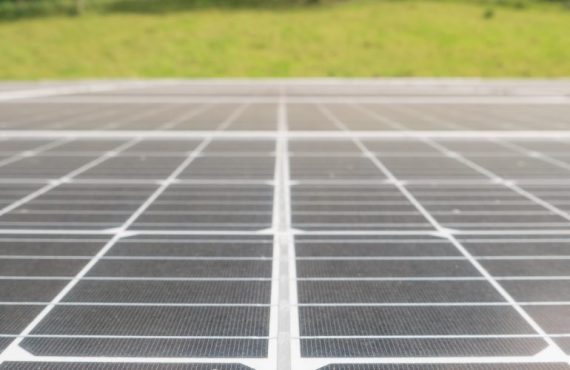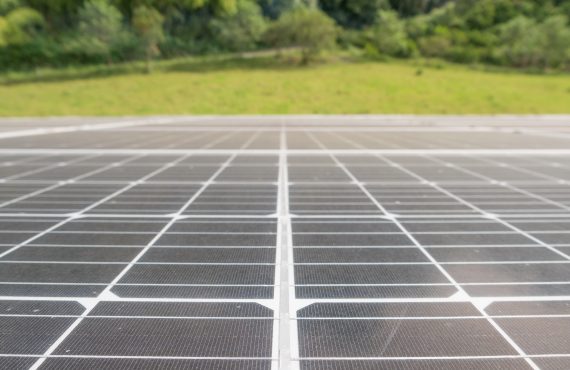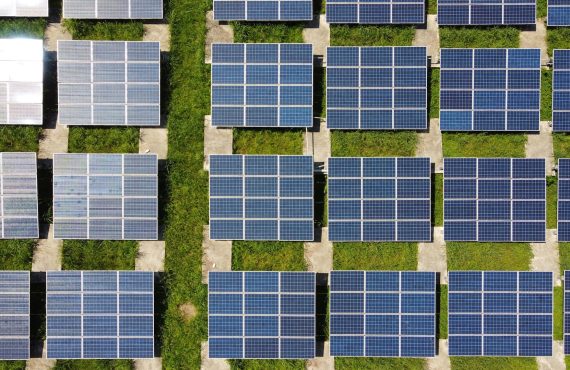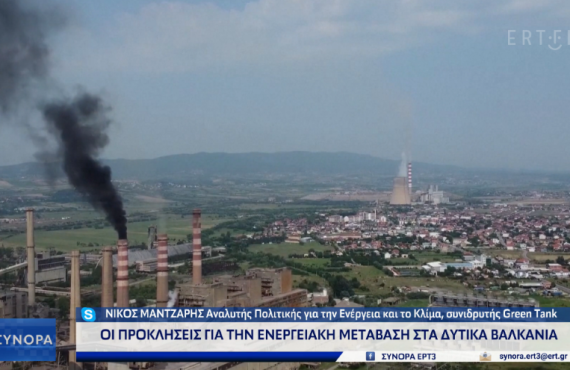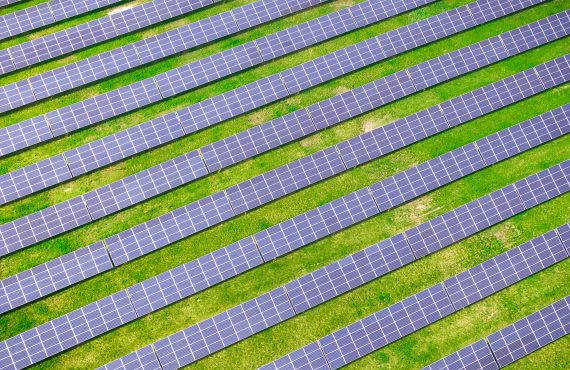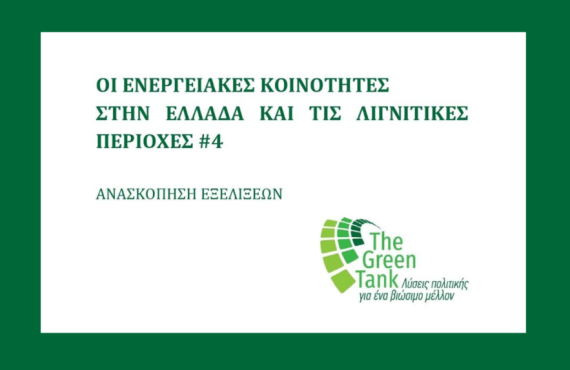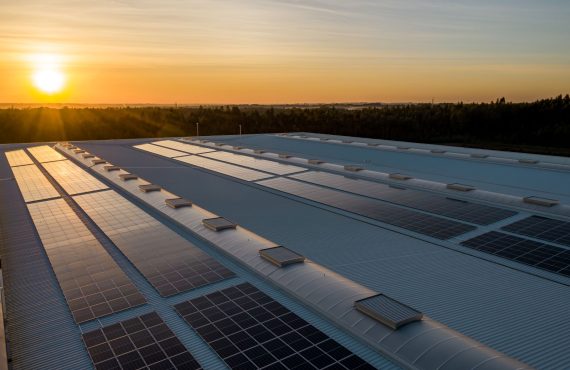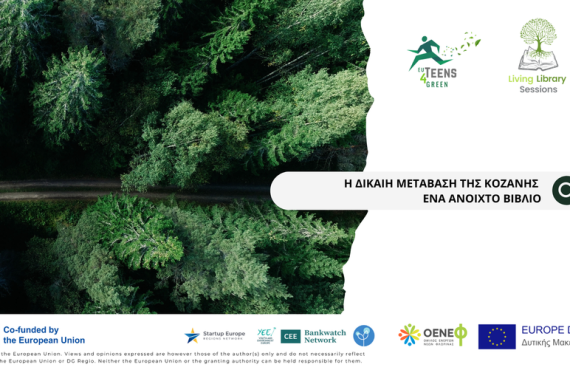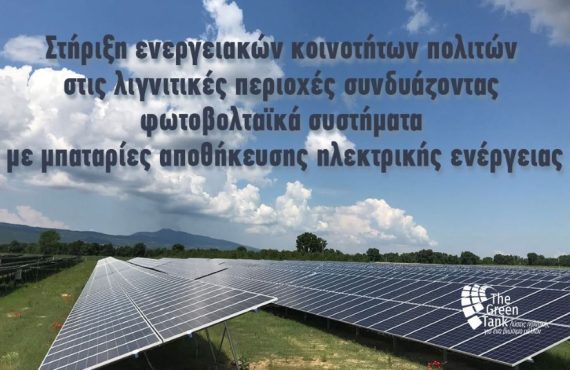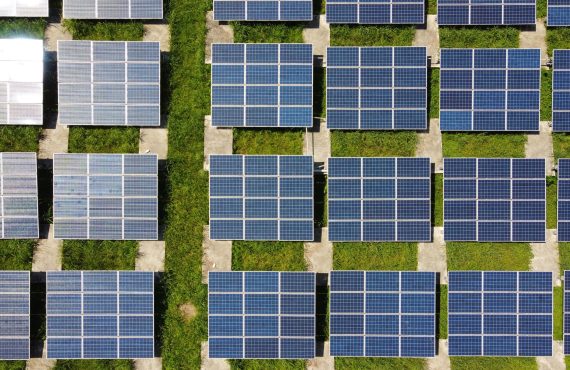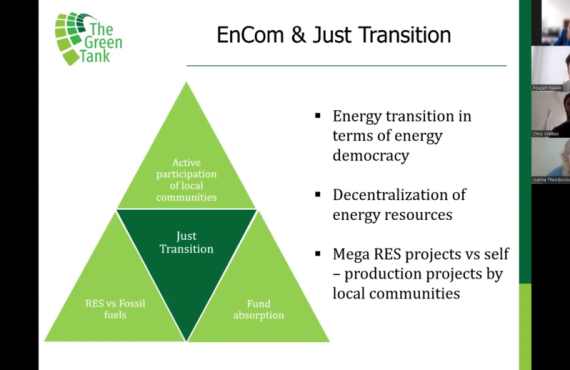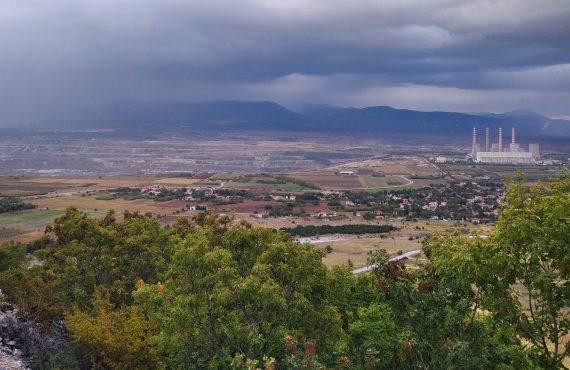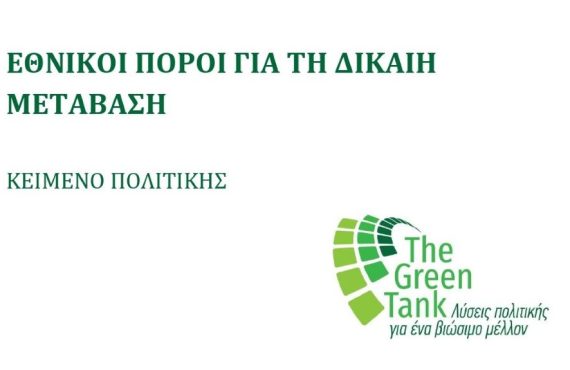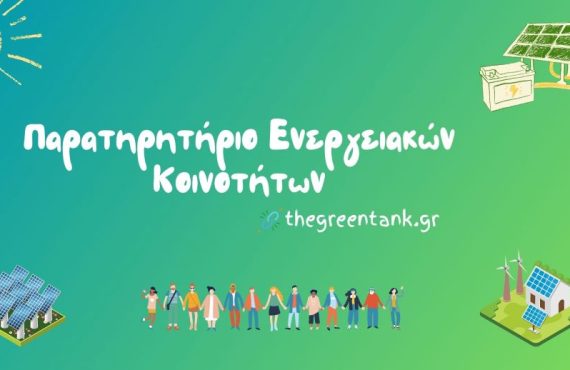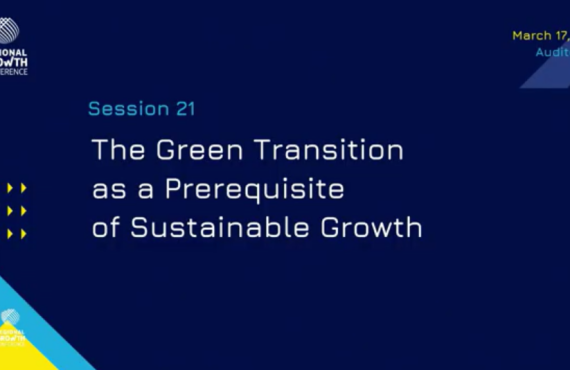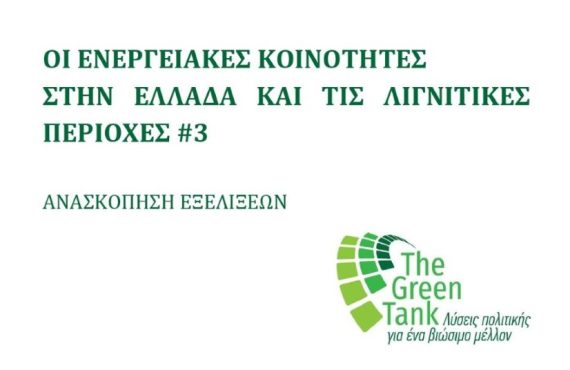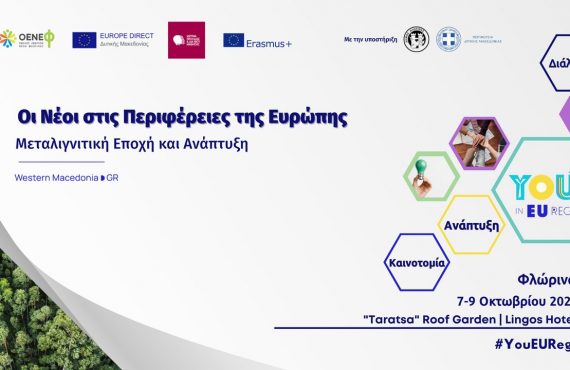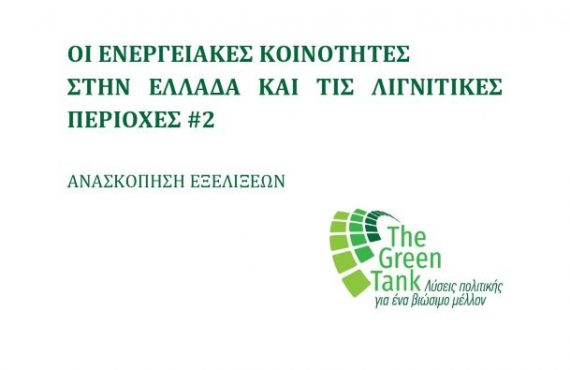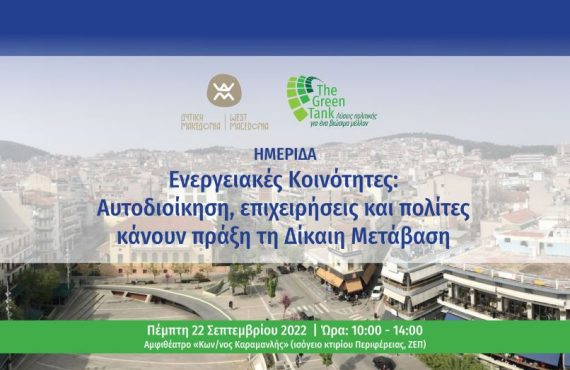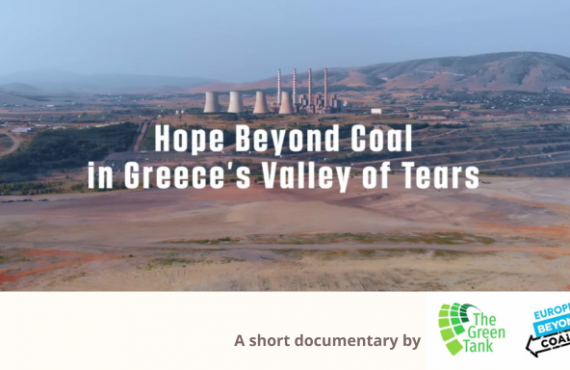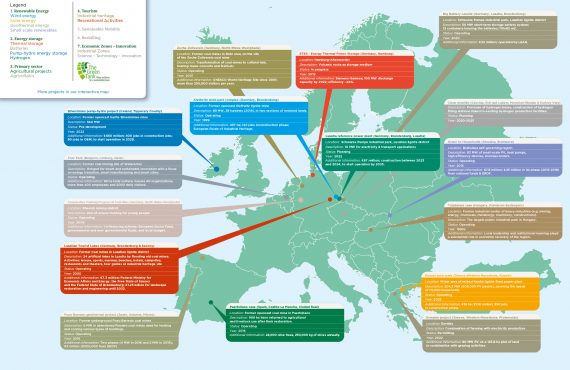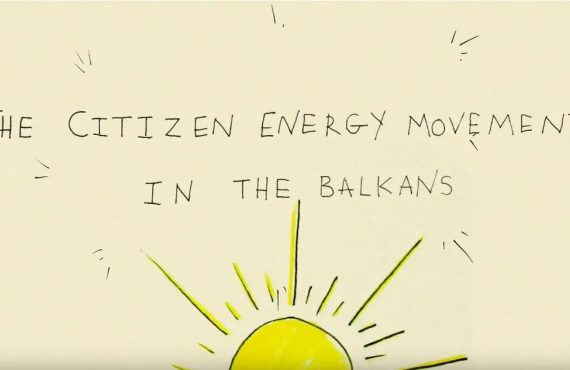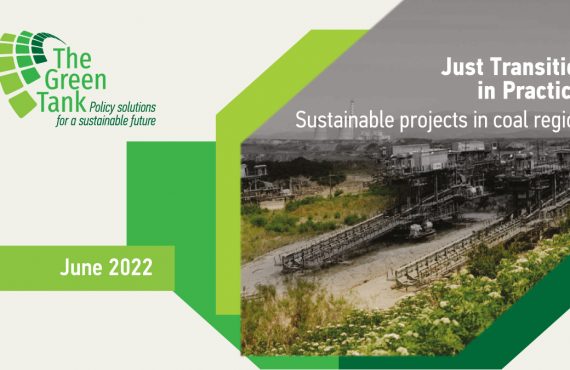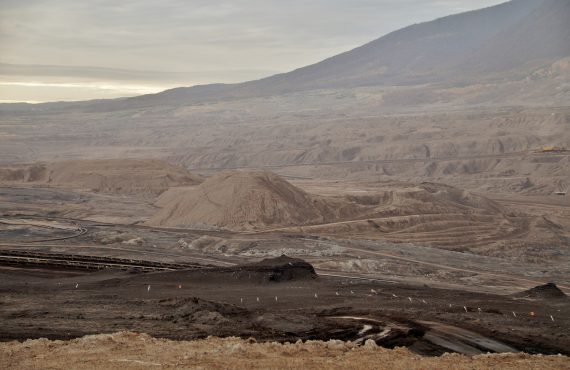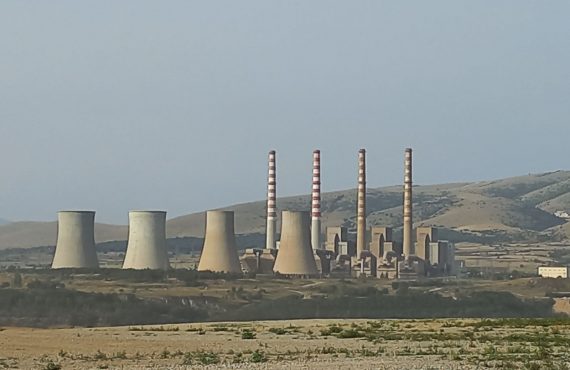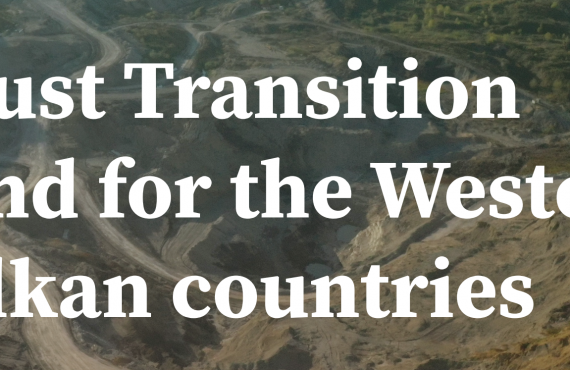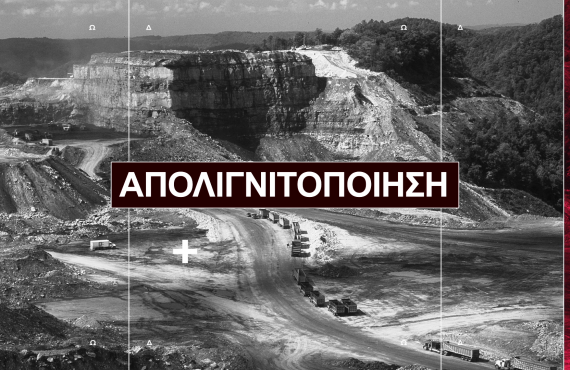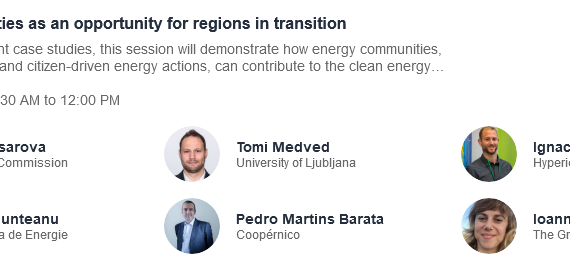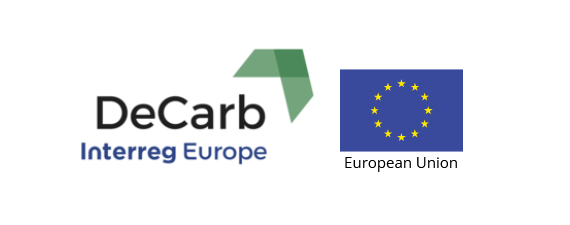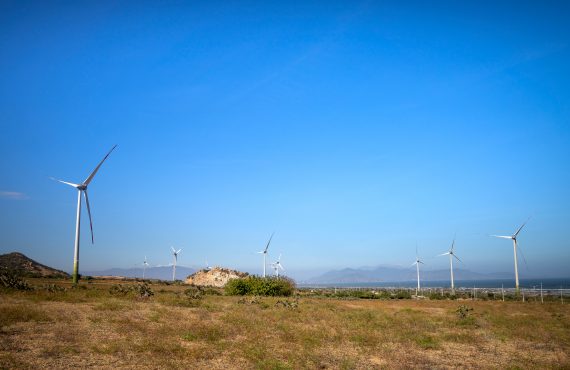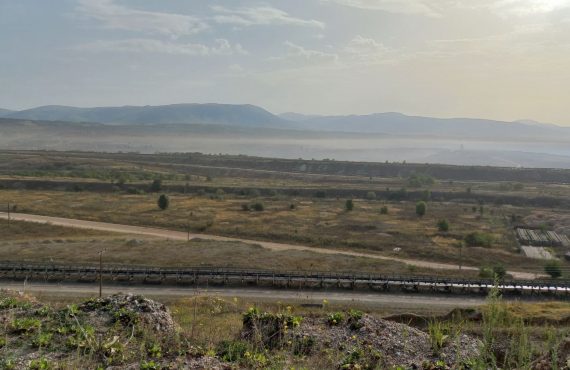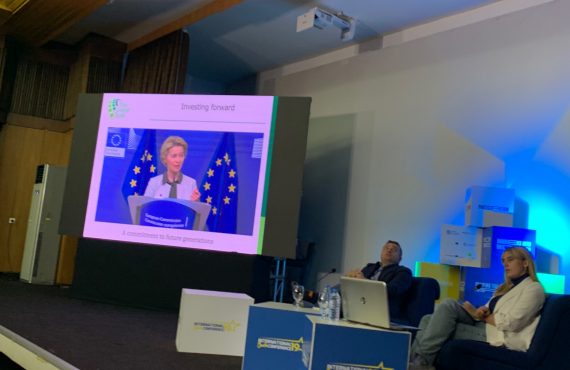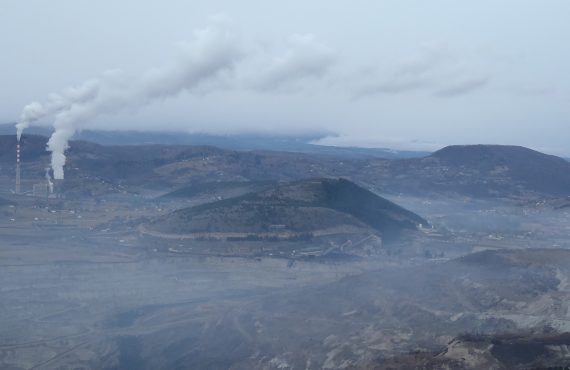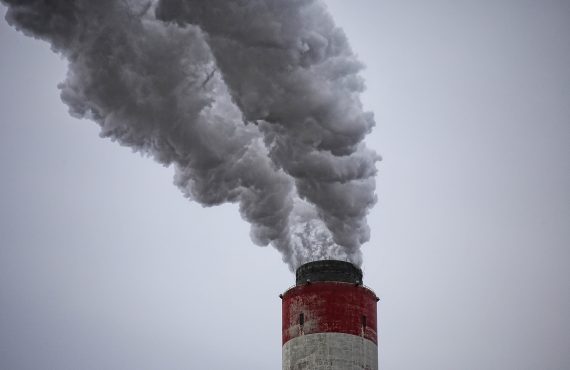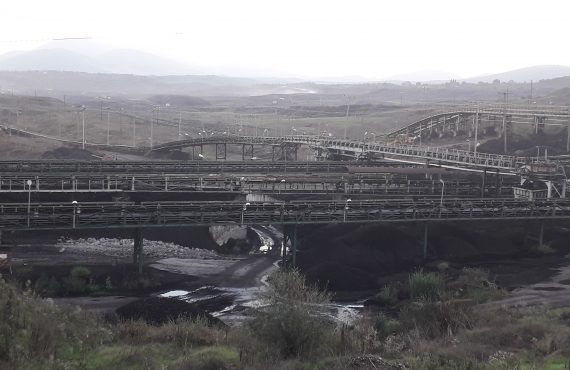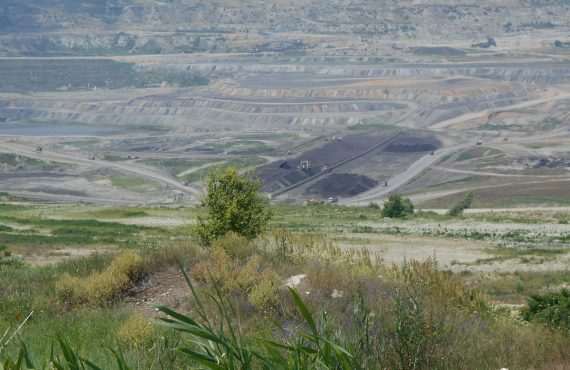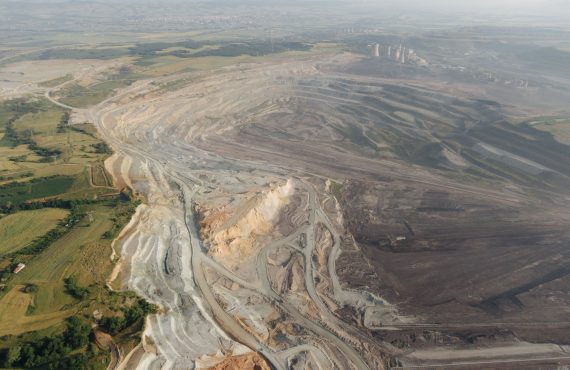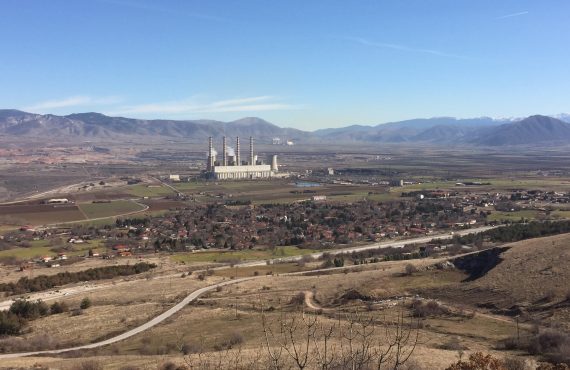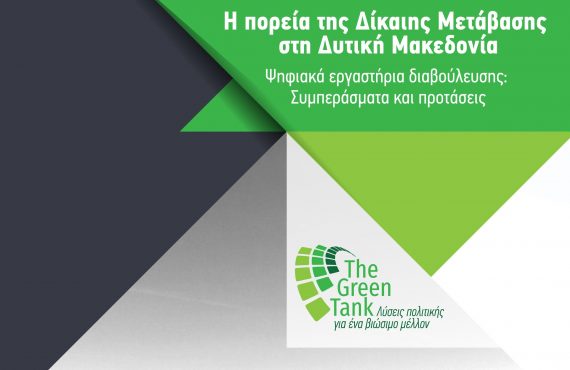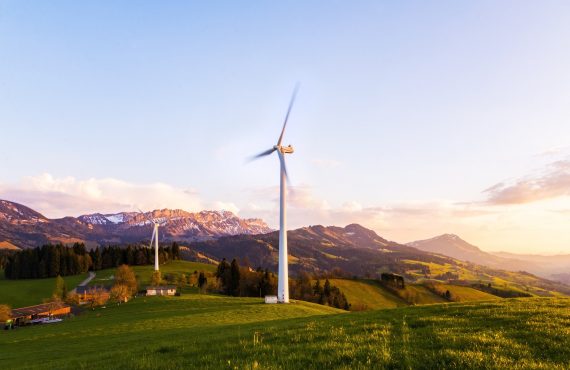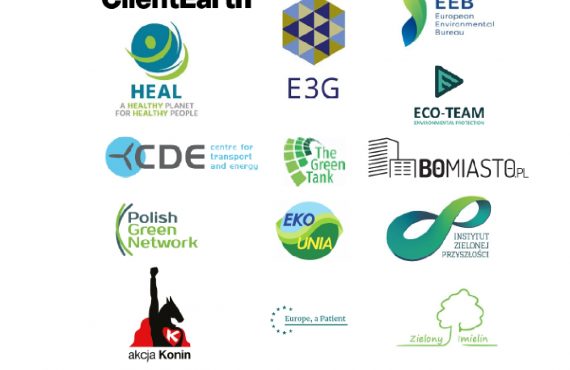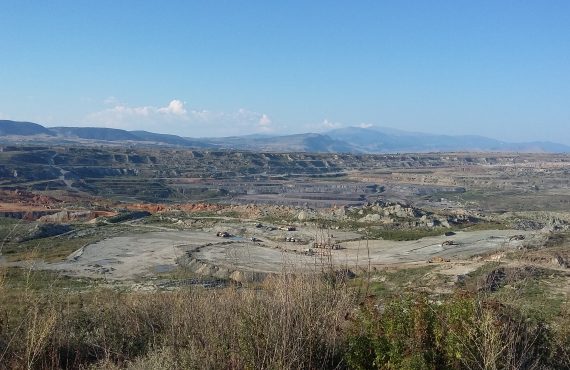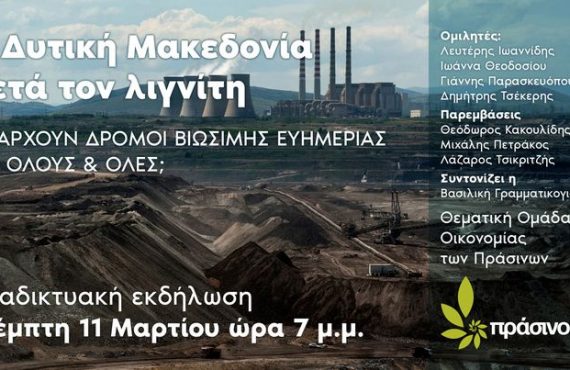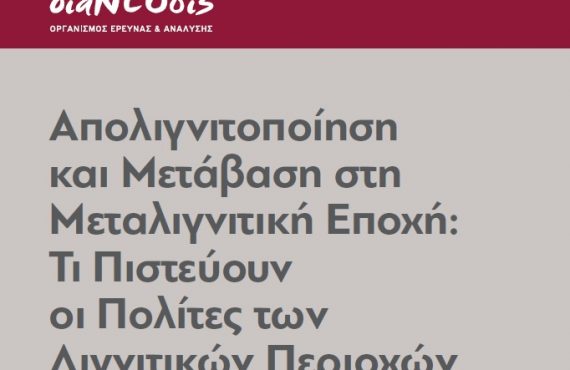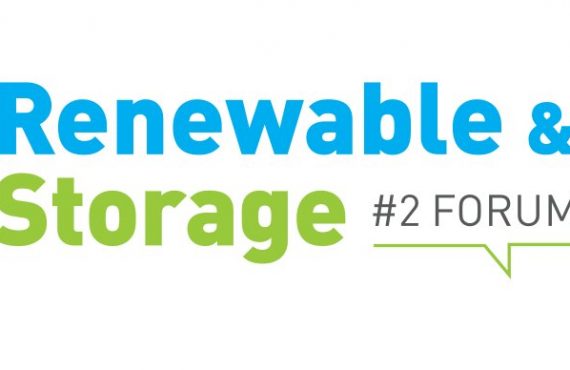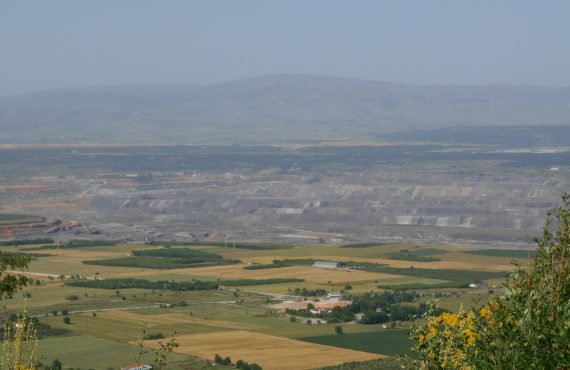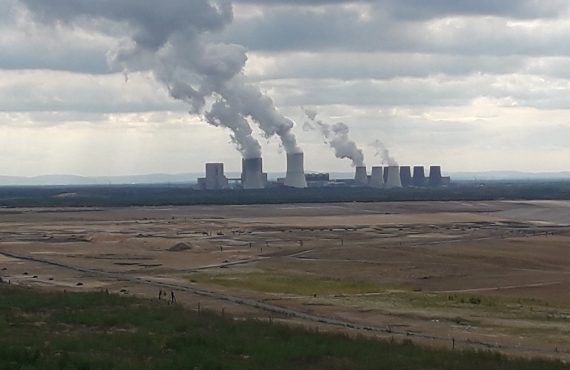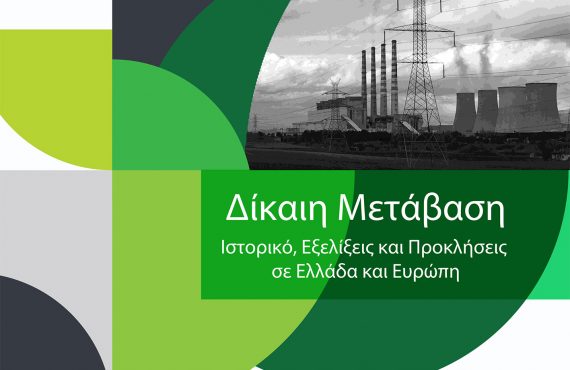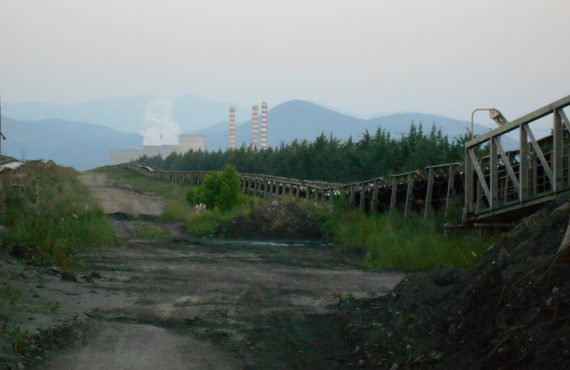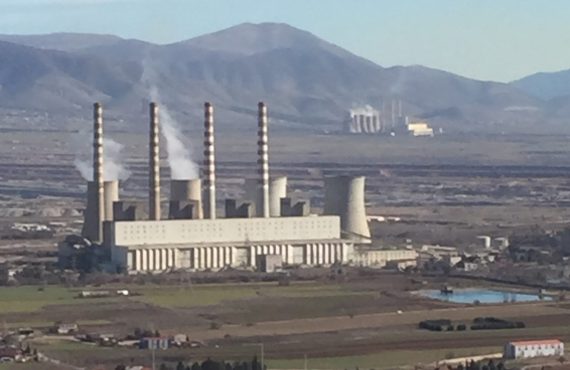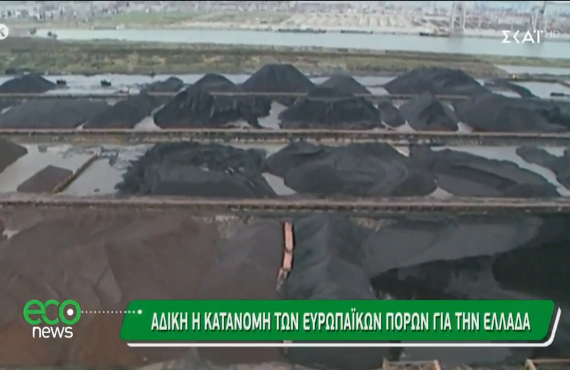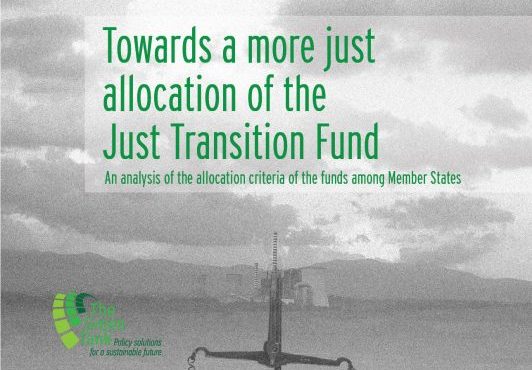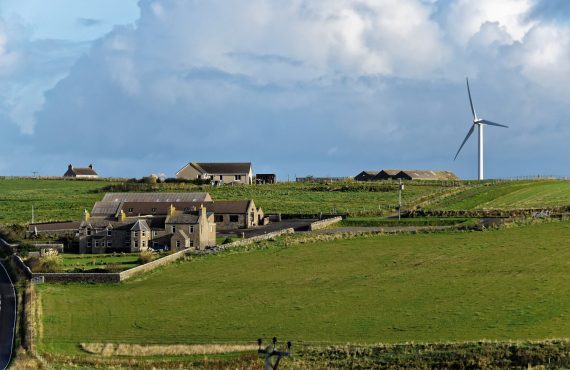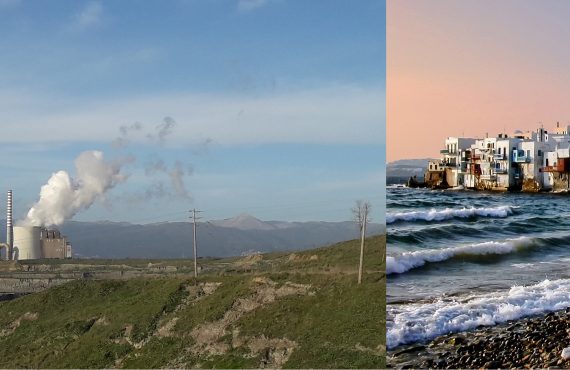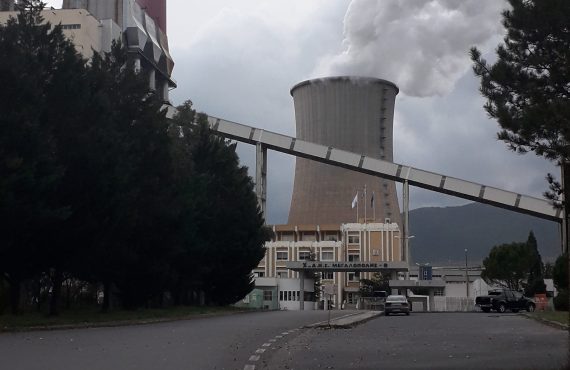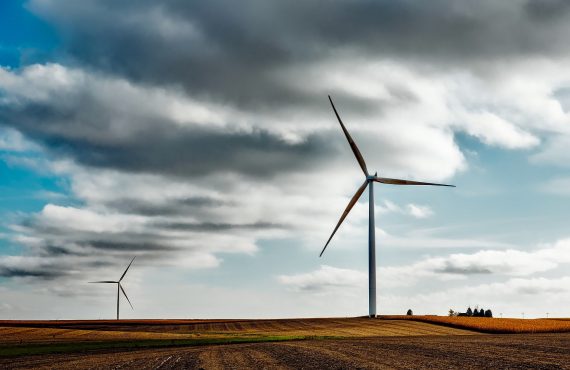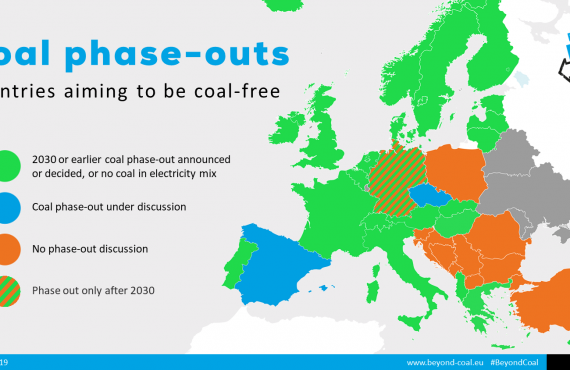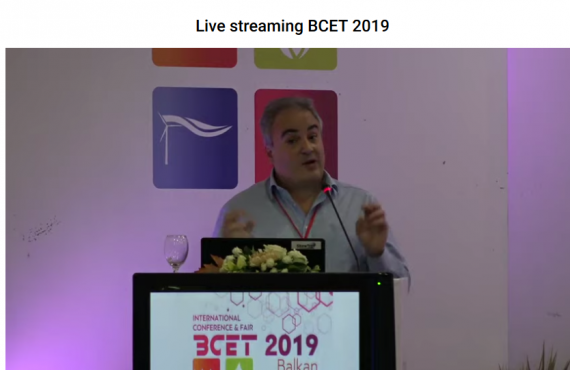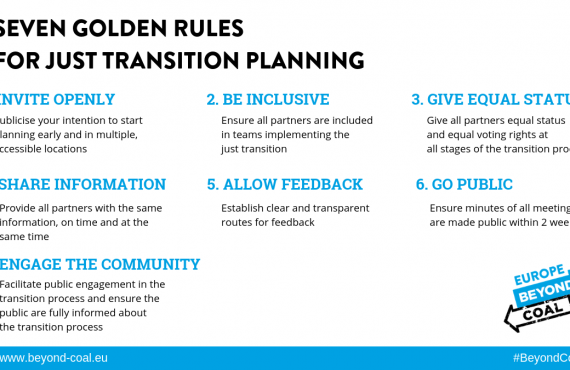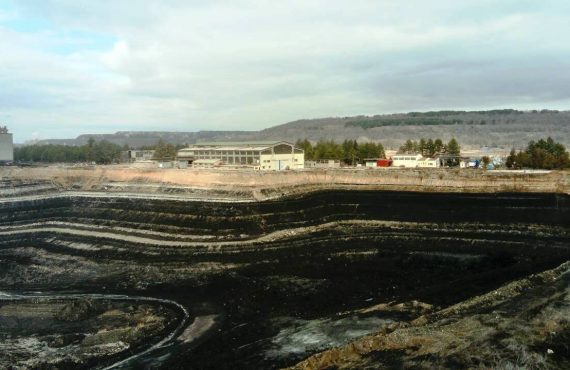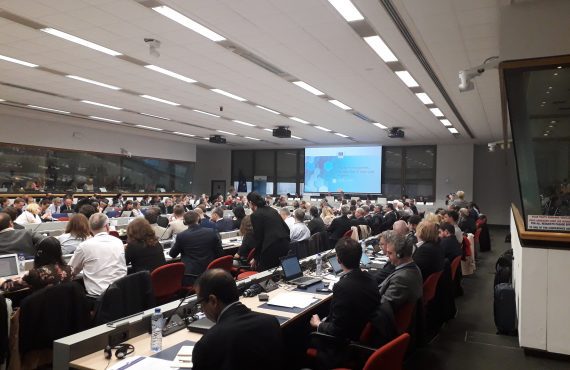Quote by Nikos Mantzaris in Euractiv regarding the significance of the decision to phase out lignite and the Just Transition challenge for Greece’s lignite regions towards a sustainable future.
The article was published in euractiv.com on March 17, 2021 under the title:
Greek power utility forges ahead with corporate green financing
The entire article follows:
Greece’s Public Power Corp. (PPC), the country’s biggest energy company, has surpassed expectations with its first-ever green bond. The energy utility also broke new ground at EU level by committing to pay investors a higher fee if it misses its climate goals, EURACTIV.gr reports.
Greece was until recently the black sheep of the energy transition. The country has had repeated run-ins with EU authorities and environmental NGOs over its insistence on coal-burning for electricity production.
Things were not looking good either on the financial side. Two years ago, the Greek government was struggling to find buyers for three coal-fired power plants owned by Public Power Corp. (PPC), a 51% state-owned company.
But the country is now seeing an about turn on both fronts, says Alex Patelis, the chief economic advisor to the Greek prime minister.
The previous leftist government had already paved the way for massive investments in renewable energy as part of its national energy and climate plan.
Now, Greece’s new conservative government wants to leapfrog to the forefront of Europe’s energy transition with a further expansion of renewable energy sources to reduce carbon emissions.
Last week, PPC made a European example out of its financing with green bonds. The PPC bond is the EU’s first ever sustainability-linked high yield bond, which pays a fee to investors if the company misses its carbon reduction targets, said Alex Patelis, the chief economic advisor to the Greek prime minister.
As PPC announced last Friday (11 March), its debut Sustainability-Linked Senior Notes due 2026 was successfully priced, covering the financing of existing debt as well as general corporate purposes.
“We were delighted with the response the PPC bond elicited from the international investment community,” Patelis told EURACTIV.gr. “The surge in investor interest was beyond the company’s expectations, as evidenced also by the upsizing of the deal from €500m to €650m,” he noted. Furthermore, Patelis said “70% of the issue was covered by foreign investors,” underlining the “breadth and depth of the international investor interest” in the PPC bond issuance.
Unlike other green bonds, the PPC issuance is not linked to specific investments like wind or solar farms, Patelis explained. Rather, it goes further by forcing the company to exceed its carbon-emissions targets earlier. Otherwise, it will pay investors a higher fee, which is an innovation EU-wide at this point.
“It was the EU’s first ever sustainability-linked high yield bond, a fixed income instrument that commits the company to reduce its CO2 emissions by 40% by 2022 – and pay investors a hefty 50bp fee if it misses that goal,” the country’s chief economic advisor told EURACTIV.
Greece turns to green investments for Just Transition
In the past, PPC was famous for producing and trading electricity generated from coal. But a paradigm shift is now happening, Patelis claims.
In September 2019 Greek prime minister Kyriakos Mitsotakis made a pledge to end all dependence on lignite by 2028. All but one of the country’s coal-burning plants will close by 2023.
Already, lignite is losing its share in electricity production. According to official data, coal-burning in 2020 represented between 5% and 20% of the country’s electricity, down from 40% to 50% five years ago.
“Following the lignite phase-out decision, Greece is now listed among the most climate ambitious member states of the EU,” said Nikos Mantzaris, senior policy analyst at the Green Tank, an environmental NGO.
“Now is the moment to turn this ambitious position to a truly sustainable future for the lignite regions,” he said during the presentation of a report on the energy transition in Greece and the EU.
One of Greece’s challenges now will be to find new employment for coal workers. “A transition plan should be just, enjoy the full support and participation of local communities so as to maximise the benefits for them, without leaving anyone behind,” said Dimitris Tsekeris, energy policy officer at WWF Greece, who presented a report on the “Just Transition and Employment in Greece”.
From black sheep to normal country?
Change at PPC has been a long time coming. Prime Minister Kyriakos Mitsotakis, speaking at a PPC new strategy event, noted that the company “has changed from a slow-moving company with debts, losses, stuck mentalities, threat of non-viability, into a contemporary energy power.”
With its green bond, PPC is now “a poster-child for the transformation of Greece,” Patelis claims. “A company that was losing a billion euro a year has been transformed with the stock surging multiple times,” he noted.
However, the country needs a lot more to make a successful energy transition, he admitted, citing building renovation, investments in renewables, electricity infrastructure, as well as natural gas as a transition fuel.
“Transitioning to renewable energy sources requires a commitment to investment,” Patelis said. “For example, Greece’s Recovery and Resilience Plan, to be soon submitted in its final form to the European Commission, foresees 37% of the total €32bn going to green reforms and investments”.
PPC’s proclaimed green turnaround may not be enough to convince the European Commission, though. On Monday (16 March), the EU executive announced it had opened a formal antitrust investigation into the company’s possible abusive behaviour in the wholesale Greek electricity sector.
“Greece has recently embarked on an ambitious plan to exit from lignite,” said Margrethe Vestager, the Commission’s executive vice-president in charge of competition policy. “Ensuring effective competition is the best way to deliver competitively priced electricity, both for citizens and businesses, as well as to stimulate investment in less polluting energy sources,” she said in a statement.







